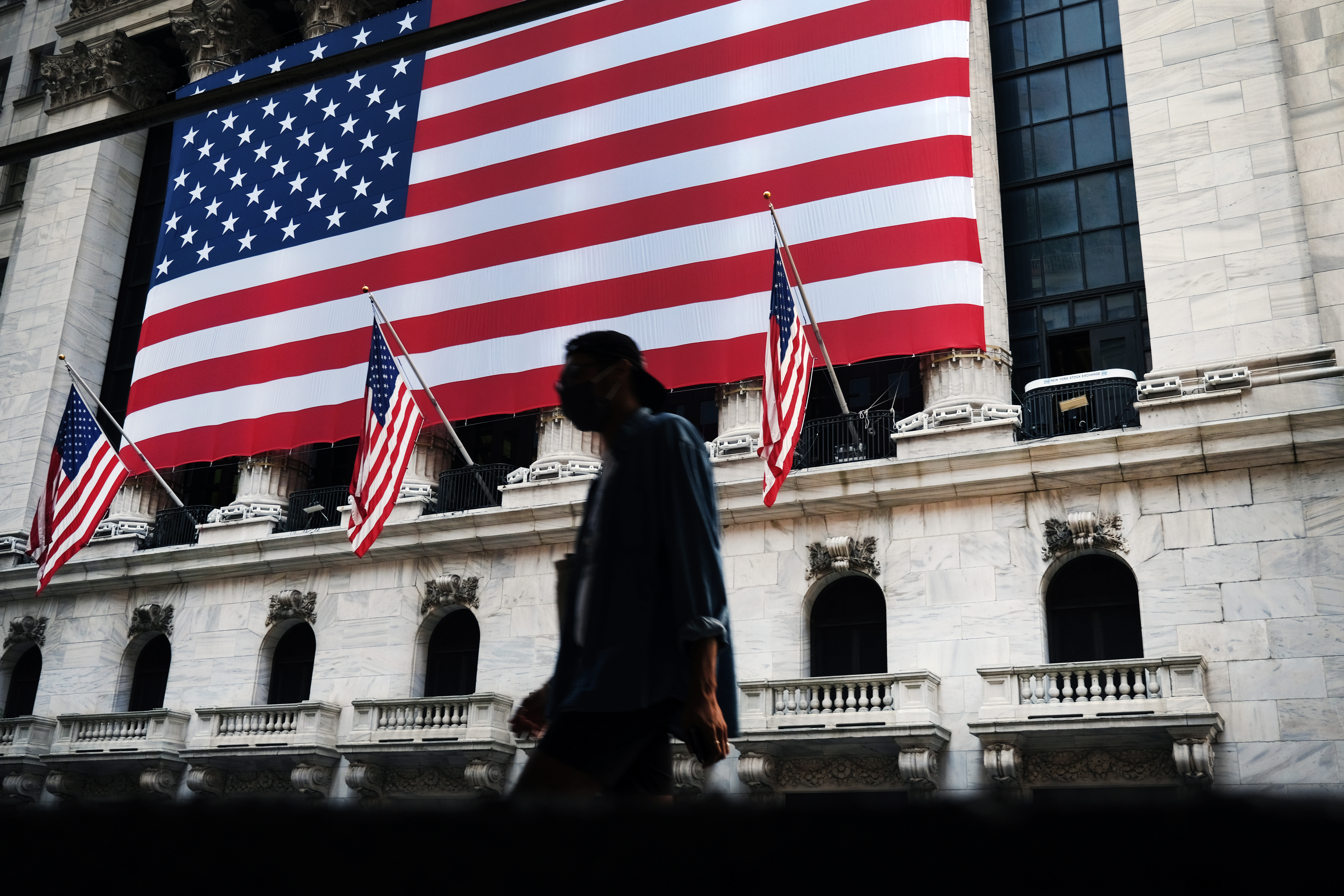The wildest IPO market since 1999
And more of the week's best financial insight

A free daily email with the biggest news stories of the day – and the best features from TheWeek.com
You are now subscribed
Your newsletter sign-up was successful
Here are three of the week's top pieces of financial insight, gathered from around the web:
'Low volatility' bets backfire
"An investment strategy for reducing risk in the long run" has largely failed in the pandemic, said Jason Zweig at The Wall Street Journal. So-called low-volatility funds were supposed to invest in stocks that fluctuated less than the broader market, limiting losses. Investors put $36.5 billion in these funds, convinced by marketing that showed the strategy would have worked well in past downturns. But some of the funds "lost at least as much as the market in February and March, but later lagged far behind when stocks shot up." When the pandemic came, industries such as tech that seemed positioned to profit did well, while safe sectors such as financials and utilities seized up. The lesson: "Historical returns often paint a distorted picture, and rigid rules have unintended consequences."
The Week
Escape your echo chamber. Get the facts behind the news, plus analysis from multiple perspectives.

Sign up for The Week's Free Newsletters
From our morning news briefing to a weekly Good News Newsletter, get the best of The Week delivered directly to your inbox.
From our morning news briefing to a weekly Good News Newsletter, get the best of The Week delivered directly to your inbox.
The wildest IPO market since 1999
The average first-day return on IPOs this year has been "higher than any calendar year's average since 1999," said Mark Hulbert at MarketWatch — and that's cause for worry. Snowflake, last week's massive software IPO, went up 112 percent in its first day of trading. That's on the high side, but not out of line for this year; for 44 IPOs, the average first-day gain was 58 percent. The last time we saw numbers like that, the hangover that followed was terrible. When the internet bubble burst, the Nasdaq index lost 77.9 percent. Jay Ritter, an economist who has studied IPOs for decades, says that the situation is somewhat different now, because there is less of a "disconnect between the valuations of the tech sector and the rest of the market." Still, says Ritter, "there can be no denying that there is speculative excess" in the frenzy for new issues.
New bans on 'cashless' stores
An increasing number of cities and states are ordering "businesses like restaurants and retail shops to continue accepting cash," said Ann Carrns at The New York Times. New York City is banning cashless stores later this year, joining New Jersey, Philadelphia, and other locales that passed similar laws last year. Stores "like electronic payments because they speed up purchases and reduce concern about theft." But the move to cash-free has spurred concerns about discrimination against buyers who have no credit or debit cards. Consumer groups are backing federal legislation that would require all brick-and-mortar stores to take cash — still used in a quarter of all purchases and for "almost half of the payments under $10."
A free daily email with the biggest news stories of the day – and the best features from TheWeek.com
This article was first published in the latest issue of The Week magazine. If you want to read more like it, you can try six risk-free issues of the magazine here.
-
 Trump’s fuel blockade puts Cuba in crisis mode
Trump’s fuel blockade puts Cuba in crisis modeIN THE SPOTLIGHT Plummeting tourism, scrambling airlines and rolling blackouts are pushing Cuban society to the brink
-
 ‘The mark’s significance is psychological, if that’
‘The mark’s significance is psychological, if that’Instant Opinion Opinion, comment and editorials of the day
-
 How did ‘wine moms’ become the face of anti-ICE protests?
How did ‘wine moms’ become the face of anti-ICE protests?Today’s Big Question Women lead the resistance to Trump’s deportations